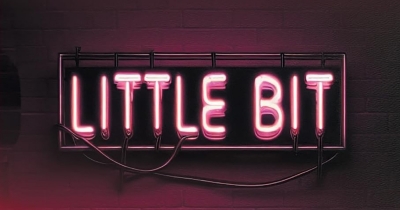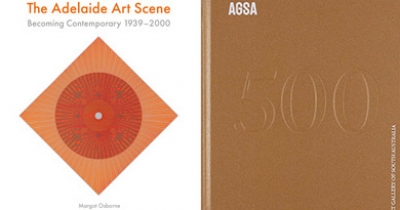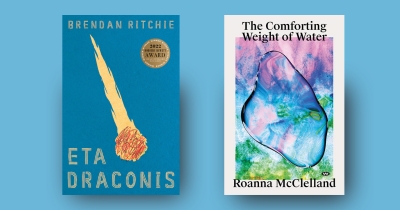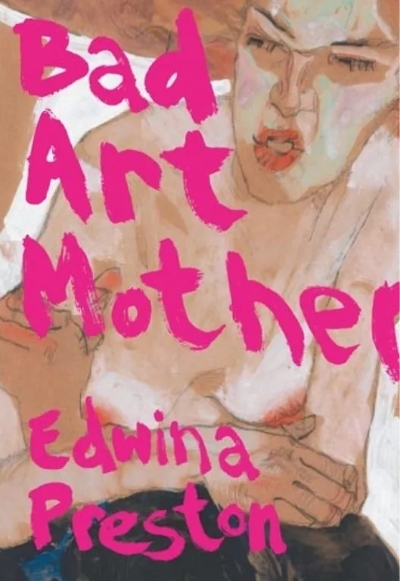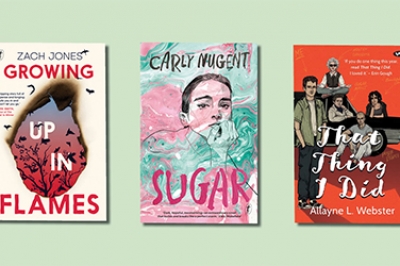Wakefield Press
The Adelaide Art Scene by Margot Osborne & AGSA 500 edited by Rhana Devenport
Eta Draconis by Brendan Ritchie & The Comforting Weight of Water by Roanna McClelland
Matthew Flinders: The man behind the map by Gillian Dooley
Zach Jones’s début novel, Growing Up in Flames (Text Publishing, $19.99 pb, 288 pp), unfolds after a tragic bushfire, while an approaching bushfire stalks Carly Nugent’s protagonist Persephone in Sugar (Text Publishing, $19.99 pb, 368 pp). The only noticeable flames in Allayne Webster’s That Thing I Did (Wakefield Press, $24.95 pb, 336 pp) belong to a foul-mouthed granny named Daisy, who uses them to light her cigarettes, but Webster’s novel about an unlikely group of strangers on a madcap South Australian road trip is as poignant as it is funny.
... (read more)
In the wake of other recent compelling débuts – Paige Clark’s meticulously crafted and imagined She is Haunted being a standout – three new short story collections, varying markedly in tone, style, and setting, offer bold and unsettling visions of twenty-first-century life.
... (read more)In the Room with the She Wolf by Jelena Dinić & Beneath the Tree Line by Jane Gibian
Precise observation is considered a prerequisite for poetry, but there are limits as to what a surfeit of detail can bring to a poem, or even to an entire volume. Three new poetry collections, each different in tone and subject matter, deploy close observation to varying degrees of success across poems that scrutinise domestic tension, interspecies dynamics, landscape, and everyday grace.
... (read more)
